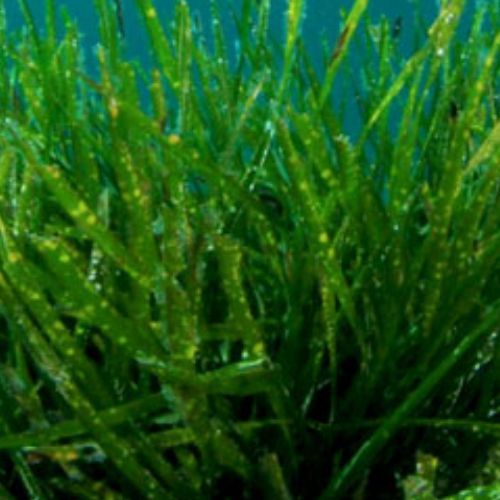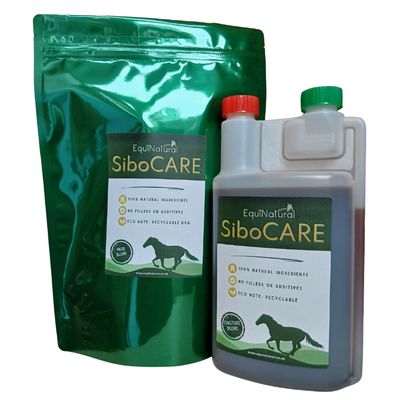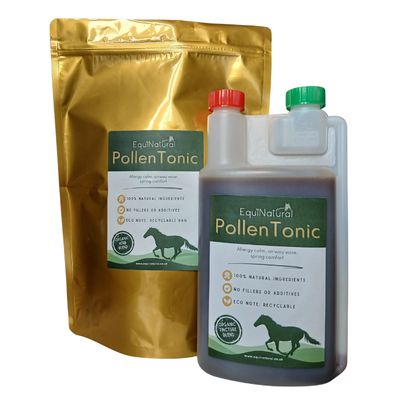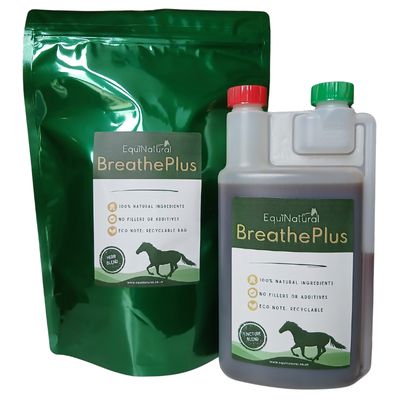SPIRULINA *Organic herb for horses - cellular fuel, deep detox, immune strength
Benefits of Spirulina for Horses
A natural blue green algae superfood from the depths of ancient waters, Spirulina fuels vitality at the cellular level.
One of the highest protein-rich foods in the plant kingdom, it's known for its energising and detoxifying properties. Rich in protein, chlorophyll, and essential micronutrients, spirulina in almost a one-size fits all - supporting immunity, detox pathways, toxin-binder, metabolism, muscle building, respiratory health, gut balance, and sustained, healthy energy for every horse.
What's not to love?!
Note: This a nutritional, functional food supplement and not veterinary medicine. For more information, refer to Dr Kellon's Horse Sense - Nutrition is not 'Alternative' Therapy
.
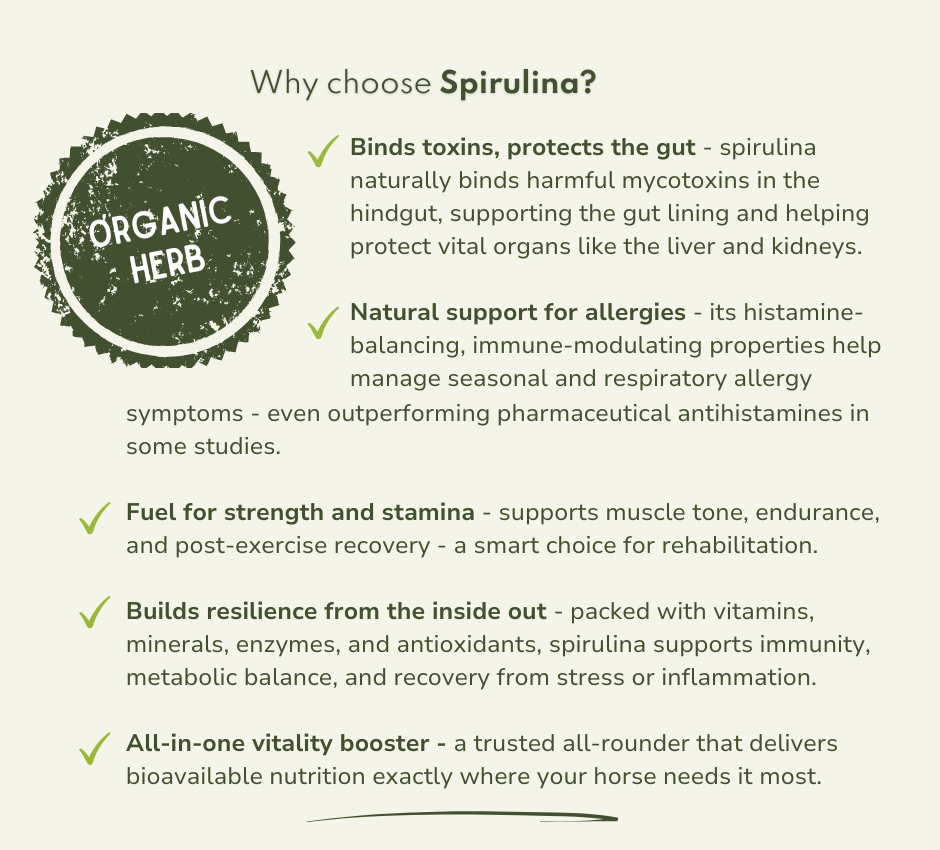
Find Organic Spirulina across the EquiNatural range
Here's where you'll also find Spirulina across our equine supplement support:
- LymeCare , VitaBoost , LeakyGutCOMBO , KPUCOMBO , & PollenCOMBO
Overview
Mycotoxin binder & gut protector
Spirulina binds to mycotoxins in the gut through adsorption, a process where harmful toxins attach to algae cell walls and are eliminated via the liver-bile-intestine route. This spares the kidneys and protects overall health.
Detoxification support
Spirulina is particularly useful during coat changes, a period of increased detoxification demand on the liver and kidneys. Its natural detoxifying properties support these organs, ensuring smooth biotransformation.
Energising and regenerative
Rich in bioavailable protein and essential nutrients, Spirulina helps maintain energy levels, supports recovery, and enhances overall vitality.
Composition & Feed Guide
This is a nutritional, functional horse food supplement and not veterinary medicine. See Dr Kellon's article - Nutrition is not 'Alternative' Therapy.
🌿Organic Spirulina
Grown, harvested and dried without the use of agri-chemicals, non-irradiated and GMO free - see our Quality page for Quality Management & Certification Documents.
- Arthrospira platensis (Spirulina)
- Powder
- Organic Cultivated
- Origin China
~ Feed Guide - powdered Spirulina for horses
- 5g/100kg bodyweight per day, i.e. 25g for a 500kg horse.
- 1 x level 15ml scoop = 10g
Fussy Eater?
Horses can have their own opinions (and strong tastebuds!), so now and then a new blend might need a little extra encouragement. This doesn’t reflect the quality or efficacy of the product, but rather their natural instinct towards new flavours.
Check out our Fussy Eaters page, or send us a message - we've many helpful tips to make introducing new supplements easier.
Footnotes
- Laboratory tested for identification and compliance to the British and European Pharmacopoeia standards.
- Human grade.
- Please be aware that if you're purchasing our dried botanicals for human use, our dried range is cut to appropriate sizes for feeding to horses.
- ♻️ Eco Note: Our packaging is recyclable and refillable.
- 🧊 Storage Tip: Keep cool and dry.
Functional Nutritional Value
Spirulina is a complete protein source with an amino acid profile tailored for equine health, containing:
- Protein (50-70%) : Bioavailable and easy to digest, with all essential amino acids.
- Omega-3 & Omega-6 Fatty Acids : Linolenic acid (0.8g/100g) and GLA (1.2g/100g) for anti-inflammatory and metabolic support.
- Vitamins : B-complex (B1, B2, B3, B7, B5), Vitamin A, Vitamin C, Vitamin E, and Vitamin K.
- Minerals : Calcium, Iron, Magnesium, Potassium, Zinc, Selenium, and Copper.
- Phytonutrients : Chlorophyll, beta-carotene, lutein, zeaxanthin, and phycocyanin.
Clinical Considerations
Spirulina is generally considered a highly safe, nutrient-dense superfood when sourced responsibly and used within the recommended feed rate. However, a few caveats apply:
- Protein Sensitivity – Due to its high protein content (up to 65%), spirulina may not be suitable for horses with compromised kidney function. Always consult with your vet if in doubt.
- Autoimmune Conditions – Spirulina’s potent immune-modulating effects are usually a plus, but in rare cases, excessive intake may overstimulate the immune system in individuals with existing autoimmune conditions.
- Contamination Risk – Not all spirulina is created equal. Poorly sourced spirulina (especially wild-harvested from uncontrolled lakes) can contain heavy metals or I, which are toxic. We only use Organic Certified clean, cultivated spirulina from trusted sources - tested for heavy metals, microcystins, and other environmental contaminants.
Spirulina in History & Tradition
Spirulina is a cyanobacteria , or blue-green algae, that’s been around for over 3 billion years- making it one of our planet's oldest life forms and a key contributor to the planet’s early oxygen production.
Historically, it’s been a traditional food and medicine for multiple cultures:
- Aztecs of Central Mexico famously harvested spirulina from Lake Texcoco and dried it into tecuitlatl , a blue-green cake used as a vital food source - especially prized for its energising, stamina-building effects.
- Kanembu people in Chad have long harvested spirulina from Lake Chad’s alkaline waters, drying it into sun-baked cakes called dihe , still used today in local cooking and traditional medicine.
Spirulina’s reputation as a green protein powerhouse gained modern traction in the 20th century when NASA proposed it as a sustainable food source for astronauts. Since then, it has become a functional food icon- valued not just for its complete amino acid profile, but also its high content of chlorophyll, phycocyanin, vitamins, minerals, trace elements, enzymes, and essential fatty acids (including GLA).
Its detoxifying, alkalising, immune-supportive, and energising properties have earned it superfood status- not just in human wellness circles, but also in animal health, particularly where clean, sustainable, bioavailable nutrition is a must.
© EquiNatural 2026. All content is original work protected under copyright, and may not be re-published, duplicated, or rewritten for commercial use without permission.

